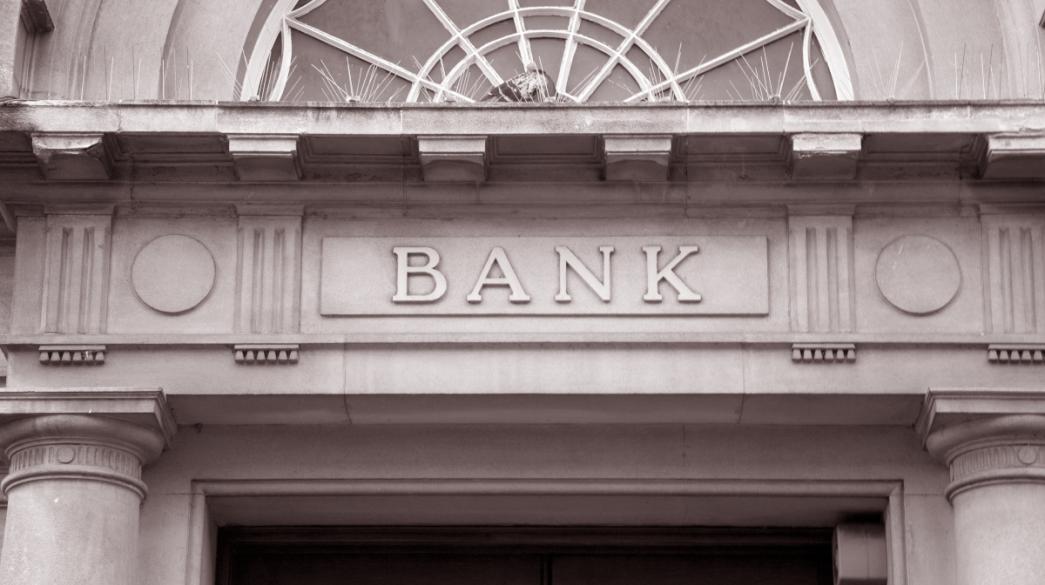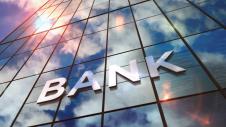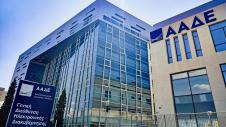Greece's systemic banks are ready for the big return to normality working intensively for a new series of non-performing loan sales aimed at reducing their NPEs ratio to significantly below 10%.
A strong ally in this difficult endeavor is the supervisory authority, ie the ECB, with the assistance of the Bank of Greece.
In an effort to finally deal with the chronic NPE problem Greece, the supervisory authority is examining and accepting market friendly financial engineering solutions that a few years ago would have been very difficult, if not impossible, to complete.
The positive attitude of the ECB is a result of the consistency and efficiency of the management of domestic banks that have boosted confidence in them, meeting supervisory requirements and related commitments made in recent years. As reported by Business Daily, the management of Piraeus Bank has developed, in the context of the broader planning that includes a share capital increase, a new mechanism through which it will be able to proceed with new large securitizations of non-performing loans, without activating the existing legislation for the deferred tax asset (DTC) and the issuance of shares in favor of the state. The mechanism has been given the green light by chartered accountants and has already been forwarded to the ECB's Single Supervisory Mechanism (SSM) to ensure it receives the necessary supervisory approval.
Variations of this mechanism are being used by other systemic banks in order to proceed with new securitizations without losses prompting the issuance of shares in favor of the state.
In order for banks to take advantage of the Hercules plan without the losses leading to the issuance of new shares based on the DTC in favor of the state, they proceeded with the division of their activities (hive down) and the transfer of banking activities to a new subsidiary. A plan developed by Eurobank (Acceleration Plan) and which was approved by authorities and completed in the summer of 2020.
Hercules II and the return to normality
The expansion of the state guarantee program, Hercules II, has given a big push to the reduction of problem loans.
The Mitsotakis government, with a deep understanding of market conditions, set as a priority the slashing of non-performing loans. Thus, Deputy Minister of Finance, George Zavvos, adopted the draft of state guarantees that had been prepared by the HFSF (under the administration of George Michelis) and after making adjustments achieved the full acceptance of the plan, labelled the Hercules plan, by the European authorities, with the help of the Bank of Greece.
It is recalled that the original Hercules program included the provision of state guarantees totaling 12 billion euros with the aim of securitizing and selling to investors non-performing loans of banks amounting to about 30 billion euros. Eurobank was the first to use the Hercules project, submitting three applications under the Cairo project amounting to 7.5 billion euros, followed by Alpha Bank for the Galaxy project amounting to 10.5 billion euros, then Piraeus for the Vega project (5 billion). ) and Phoenix (1.9 billion) and National Bank for the Frontier project (6.1 billion euros).
Hercules II will be of a similar level, offering state guarantees amounting to approximately 12 billion euros for the sale of NPLs amounting to about 30 million euros.
It is noted that at the end of September they amounted to 58.7 billion euros, reduced by 9.8 billion compared to the end of December 2019, while from the highest point of the crisis (March 2016) when the "red" loans had risen to 107, 2 billion euros, the reduction achieved by the banks exceeds 48 billion. reflecting the significant progress made.
If we take into account the reductions of NPEs from the ongoing transactions (Galay, Frontier, Vega & Phoenix) then the stock of the bad debt will shrink below 40 billion before the activation of Hercules II.
Rising banking stocks
The positive developments on bad loans fuelled gains in bank shares during the last two months of 2020, as they were at historically low price levels. However, despite the + 119% of the banking index in the last two months of 2020, the sector closed with losses of -41% for the year.
In fact, at the beginning of 2021 there was an increase in short positions as many analysts estimated, and many still estimate, that capital increases would be required. However, with the exception of Piraeus Bank, which has already launched the capital increase plan, the other systemic banks do not plan share capital hikes.
According to analysts, the solution of the NPL problem and the return of the industry to normality could lead to the dynamic return of bank shares which for a decade have weighed the market down heavily when prices almost zeroed in both the first recapitalization (2013) and the third recapitalization (2015).
The current prices of bank shares are much lower than the prices carried out in the recapitalization of 2015, with banks in a state of capital controls and the country's credibility at a low point. The shares of National Bank are at -27% in relation to the recapitalization price, Eurobank’s are at -33.9%, Alpha Bank at -53.7% and Piraeus Bank at -86.9%.
If banks manage to return to single-digit NPEs and given the large reduction in operating costs achieved in recent years, then they will enter a strongly upward cycle achieving high profitability rates, leaving behind the problems of the past.
Uncertainty, however, remains due to the pandemic and the new non-performing loans it will create. Many industries are under pressure and the impact on bank balance sheets will not be small. Banks, however, are optimistic that the bad debt will be manageable and will not harm efforts to lower the NPE ratio to a single digit level.
The Bank of Greece, however, estimates that the new wave of sour debt will range from 8-10 billion. Euros and has proposed the a bad bank be set up to help handle the problem.
YIANNIS PAPADOGIANNIS









